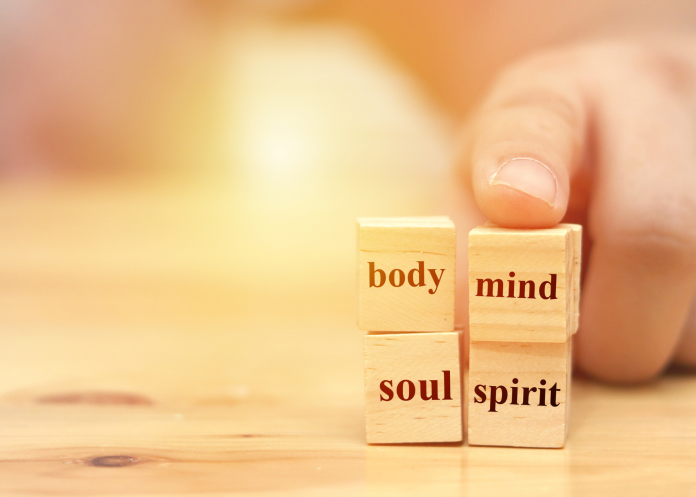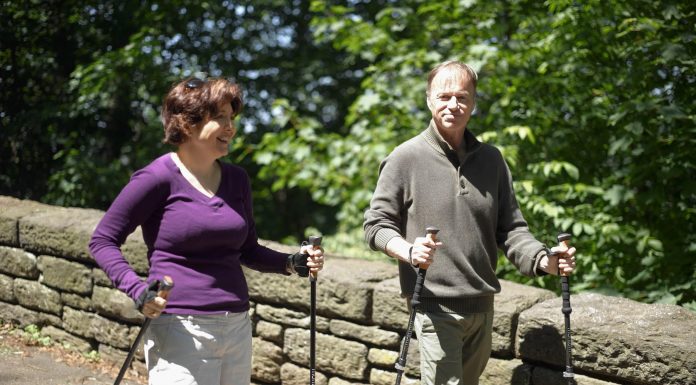Rehabilitation is a crucial part of recovery for individuals dealing with addiction, mental health issues, or substance abuse. Traditional rehabilitation approaches often focus solely on the physical aspect of recovery, but a holistic approach that addresses the body, mind, and spirit can lead to more lasting and comprehensive healing. In this blog post, we will discuss five tips for treating the body, mind, and spirit for lasting recovery.
Address Mental Health Needs
Rehabilitation should not only focus on the physical aspect of recovery, but also on mental health needs. Addiction, mental health issues, and other challenges often have underlying psychological and emotional factors that need to be addressed for lasting recovery.
Therapy and counseling are crucial components of addressing mental health needs in a holistic rehabilitation approach. Cognitive Behavioral Therapy (CBT), Dialectical Behavior Therapy (DBT), and other evidence-based therapies can help individuals identify and change negative thought patterns and behaviors that may have contributed to their challenges.
These therapies can also help individuals develop healthy coping skills and emotional regulation techniques to better manage stress, anxiety, and other mental health symptoms. In addition to traditional therapy, holistic approaches may also include mindfulness practices, meditation, and yoga.
These practices can help individuals develop self-awareness, improve emotional resilience, and reduce stress and anxiety. They can improve overall mental well-being, hence minimizing the urge to use a drug to feel relaxed. If you are struggling with opioid addiction, here are our recommendations for heroin rehab center treatment options.
Incorporate Physical Healing Techniques
Physical healing is an essential aspect of rehabilitation. It involves addressing any physical injuries or ailments that may have resulted from addiction, mental health issues, or other challenges. Incorporating physical healing techniques into the rehabilitation process can help individuals to strengthen their bodies and promote overall wellness.
Physical healing techniques can include regular exercise, proper nutrition, and adequate rest. Exercise has been shown to release endorphins, which are natural mood-boosting chemicals that can help reduce stress, anxiety, and depression. Proper nutrition provides the body with the essential nutrients it needs to repair itself and function optimally. Adequate rest allows the body to heal and rejuvenate.
In addition to these techniques, alternative therapies such as acupuncture, massage, and chiropractic care can also be beneficial for physical healing. These therapies can help reduce pain, improve circulation, and release tension, promoting overall physical well-being.
Promote Spiritual Wellness
Spirituality plays a significant role in many people’s lives and can be an essential aspect of the healing process. Addressing spiritual needs can help individuals find meaning, purpose, and a sense of connection, which can be vital for lasting recovery.
Spiritual wellness can be achieved through various practices, depending on an individual’s beliefs and values. These practices can include meditation, prayer, journaling, or participating in religious or spiritual communities.
Engaging in activities that align with an individual’s spiritual beliefs and values can provide comfort, support, and a sense of purpose, which can be helpful in the rehabilitation process.
It’s important to note that spirituality is a personal and individual aspect of a person’s life, and it should be respected and incorporated into the rehabilitation process based on the individual’s preferences and beliefs.
Foster Healthy Relationships
Building and maintaining healthy relationships can be crucial for lasting recovery. Relationships with family, friends, peers, and supportive communities can provide individuals with the emotional support, encouragement, and motivation needed to navigate the challenges of rehabilitation.
In a holistic approach to rehabilitation, it’s important to address the quality of relationships in an individual’s life. This may involve repairing damaged relationships, setting healthy boundaries, and building new supportive connections. It may also involve addressing any co-dependent or toxic relationships that may be contributing to an individual’s challenges and developing healthier communication and relationship skills.
Support groups, such as Alcoholics Anonymous (AA), Narcotics Anonymous (NA), or other recovery-focused groups, can also be valuable in fostering healthy relationships by providing a supportive community of individuals who understand the challenges of recovery. These groups can offer a safe space for sharing experiences, providing encouragement, and receiving guidance from peers who have gone through similar struggles.
Implement Self-Care Practices
Self-care is an essential component of a holistic approach to rehabilitation. Taking care of oneself physically, mentally, and emotionally is crucial for maintaining overall well-being and preventing relapse.
Self-care practices can include activities such as getting enough sleep, eating well-balanced meals, engaging in enjoyable hobbies, practicing relaxation techniques, and setting healthy boundaries. It’s important for individuals in recovery to prioritize self-care and make it a consistent part of their daily routine.
In addition to these basic self-care practices, individuals should also learn to recognize and manage triggers and stressors that may lead to relapse. This may involve developing healthy coping mechanisms, practicing assertive communication, and learning effective stress management techniques.
It’s important to note that rehabilitation is a highly individualized process, and what works for one person may not work for another. Therefore, it’s crucial to tailor the rehabilitation approach to the unique needs and preferences of the individual.
Remember recovery is a challenging but achievable goal. With a holistic approach that considers the body, mind, and spirit, individuals can increase their chances of achieving lasting recovery and improving their overall quality of life.























